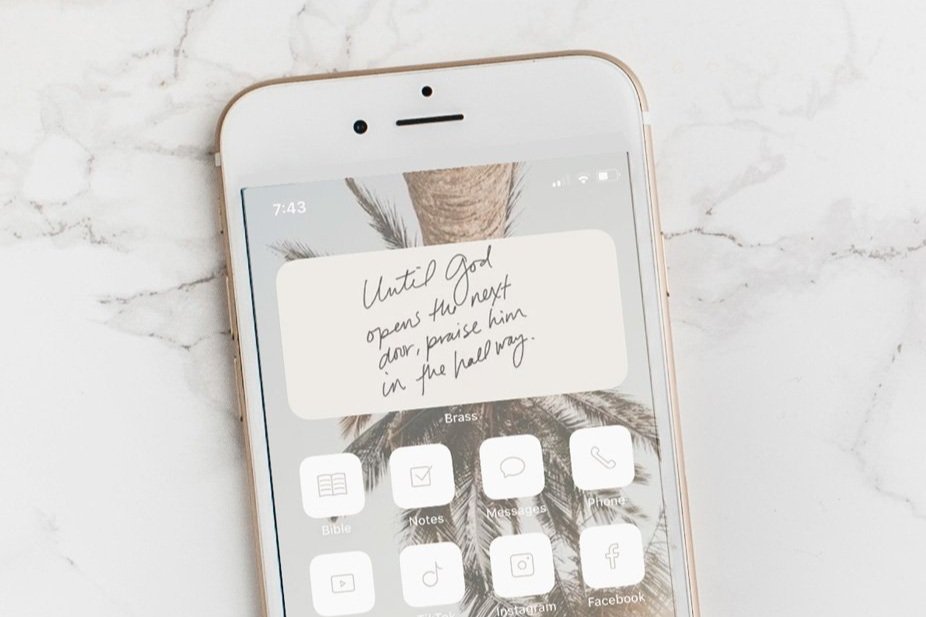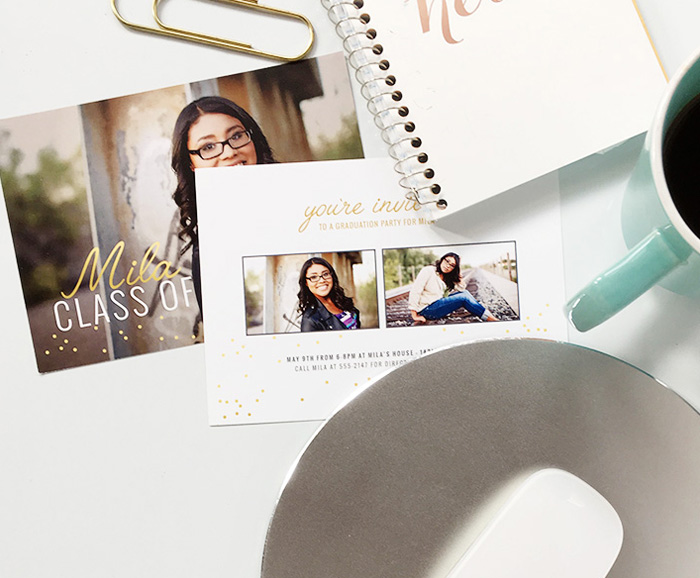Start a Weekly Plan Hour to Prevent Decision-Making Burnout
Today is Day 28 in the 31 Days to a Super-Purposeful Schedule series.
About a year ago, I started a little routine on Saturday mornings where I would plan the entire week in an hour. Before my family woke up, I'd sneak out to the coziest corner of the couch to curl up with a blanket, warm drink and my planners. Then for the next hour, I'd decide what the rest of the week would look like: meals, blog posts, big events, goals, time with others, etc.
Over the summer, I got a little out of the habit and definitely noticed a difference. On the weeks where I didn't plan ahead, there was one thing I could usually plan on: STRESS.
Stress from having way too much crammed in because I didn't have an accurate view of the week.
Stress from forgetting things until the day before and then scrambling to make things work.
Stress from not scheduling enough room for focused work and then trying to be creative in a really limited time frame.
Stress from being maxed out on making decisions ALL DAY LONG.
If your days are anything like mine, then you're probably deciding things from sun up to sun down. Having a lot of this planned before the week even begins is SO nice. It doesn’t have to be set in stone, but at least thinking about it clears the chaos a little.
Ideas For Your Weekly Planning Hour
Ask the following questions...
1 | What activities could you do?
Write down a few goals for the week as you look at the calendar. What would you love to spend your time on this week? What projects, events, birthdays are coming up? Is there anything from last week that didn’t get done? You don’t even have to schedule these all in yet or make them part of your master to-do list. Just take notes to get ideas for the week.
2 | What could you make for dinner?
Check your menu or pinboards if you have them to come up with a week’s worth of dinner meal ideas. Do this part as fast as you can so you don’t get lost in the world of Pinterest! I also try to do my planning the same day I shop so that I can pretty much just head to the grocery store when I'm done. Having this plan in hand helps me from needing to make a lot of extra store trips during the week.
3 | What could you share with others?
If you have a blog look at your blog calendar/list of post ideas and decide what you really want to share this week. What’s most important to your readers this time of year? What are you dying for them to know? If you don't have a blog, think about your inner circle. What can you teach your kids? What gifts could you give your husband? What family members really need your help or company this week? Jot down your best ideas. You don’t have to do them all but at least you'll have a place to start.
4 | How could you create a life-giving environment?
What part of your house needs some attention? What books, projects or relaxing hobbies are you going to work on to help your mood? Eliminating the clutter and having an outlet for stress can go a long way. But it's not always easy to make those things happen without scheduling them. I also like to pick a quote, verse, or maybe even song for the week to stay motivated.
5 | When could these things ideally happen?
This is where the actual scheduling comes in. If you’re using the free sheet from your workbook, this is what those daily boxes at the top are for. You don’t have to get super detailed, but just write enough so you can see what’s going on at-a-glance throughout the week. Which day or part of the day could you do the things you wrote down? These are small boxes on purpose. If you can’t fit it all in, at least you’re finding out NOW instead of the hard way by getting burned out. Ask yourself what can wait or be rescheduled.
Today's Action Step:
Set a reminder for you to plan your week in the next few days. Until then, do a little prep to make the process easier - for example: start pinning recipes to a menu pinboard or write down a few blog post ideas on a master list. Having some of those things done when you sit down to plan can make your plan hour a breeze.

















